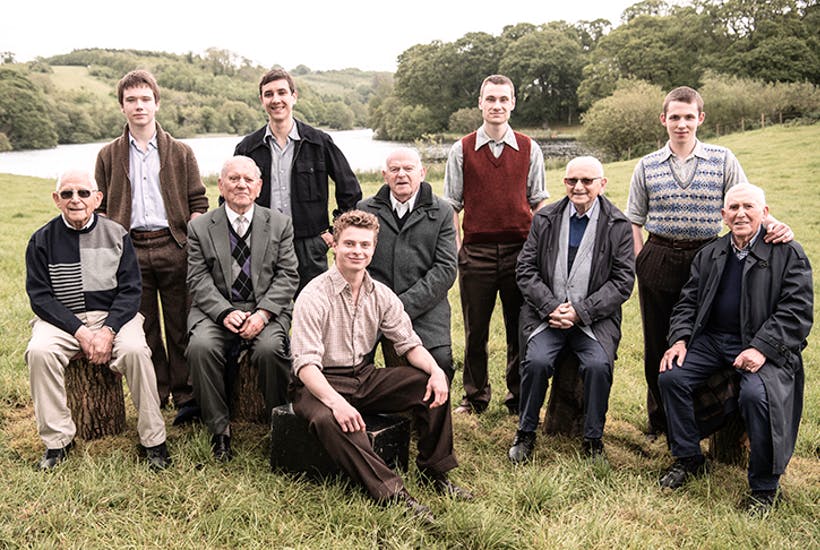One of the many astonishing things about the BBC2 drama The Windermere Children (Monday) was that the real-life story it told isn’t better known already. In August 1945, 300 Jewish children, who just a short time before had been starving in Nazi concentration camps, arrived at a converted seaplane factory in the Lake District. None, as far as they knew, had any family left, and none could speak any English. Waiting to welcome them was Leonard Montefiore of the Central British Fund for Jewish Relief who’d raised the money to turn the factory into a carefully thought-out rehabilitation centre — and amid the wreckage of Eastern Europe had liaised with the Red Cross, the RAF, the Czech authorities and the British Home Office to fly them in. He’d also assembled an impressive team of people who were given four months to ‘return the children to civilisation’. Oscar Friedmann (Thomas Kretschmann), himself a refugee from the Nazis, was a pioneer in the newfangled discipline of child psychology; Marie Paneth (Romola Garai), an art therapist before art therapy even had a name; Jock Lawrence (Iain Glen), a Scottish PE teacher of the old school, much given to blowing his whistle and demanding 20 press-ups. (The child actors, incidentally, were at no point outshone by these starry grown-ups.)
Yet, despite Montefiore’s assiduous preparations, it was soon clear how haunted these children were. When asked to divide into boys and girls and strip off their dirty clothes, they immediately suspected another Selektion. At their first meal, they took one look at the baskets of bread, grabbed as much of it as they could and ran back to their bedrooms to hide it under their pillows.
There was no clunk over our collectively guilty heads about modern attitudes to immigration
Gradually, however, their heartbreaking sense of disorientation at being treated kindly gave way to the realisation that it wasn’t a cruel trick: they really did have comfortable beds, plenty to eat and the freedom to roam the countryside.







Comments
Join the debate for just £1 a month
Be part of the conversation with other Spectator readers by getting your first three months for £3.
UNLOCK ACCESS Just £1 a monthAlready a subscriber? Log in